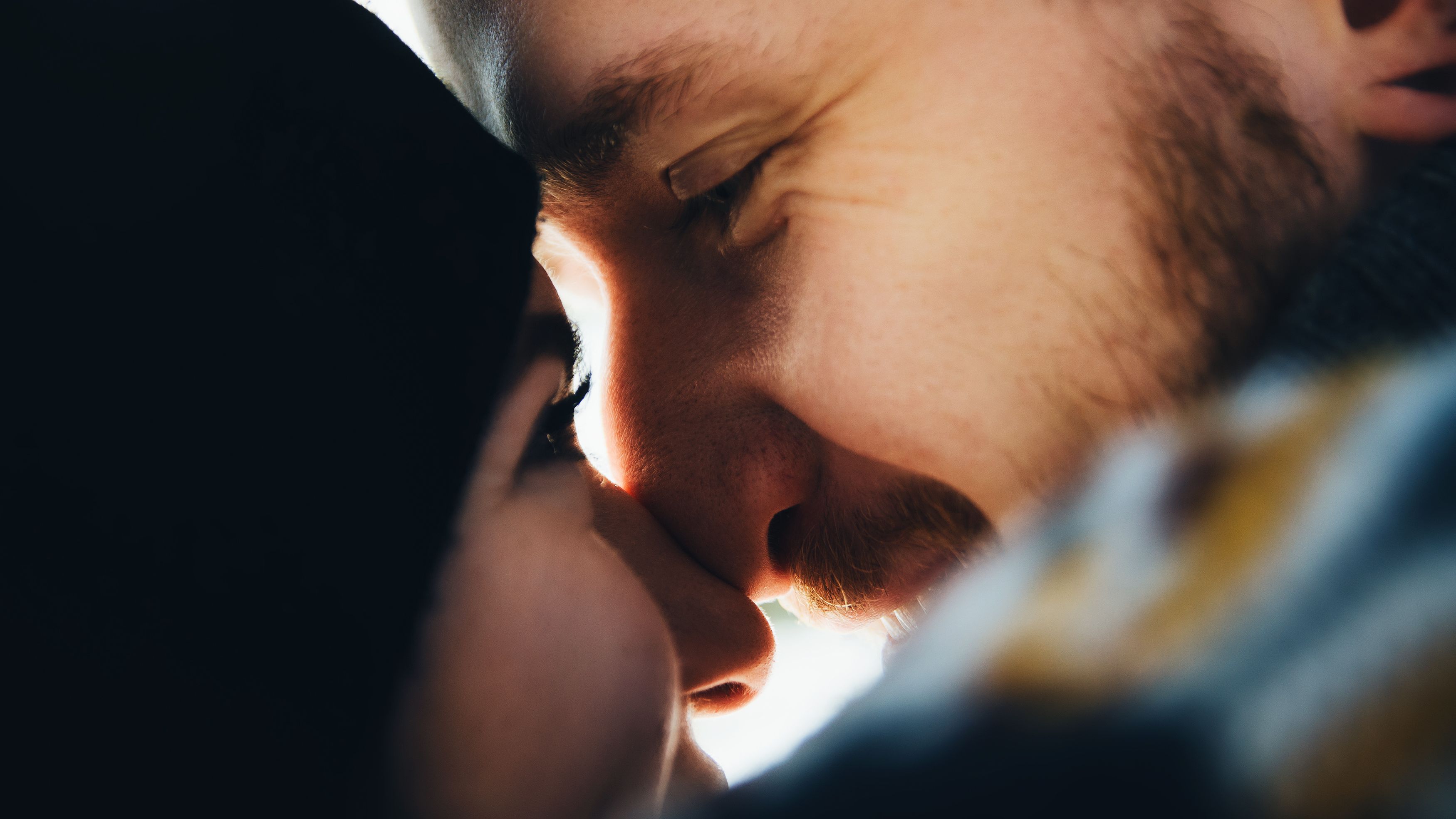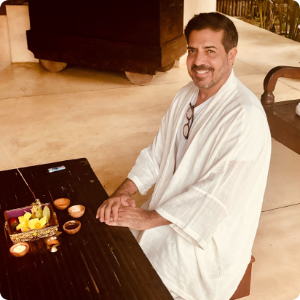Why Do We Need Forgiveness?
May 30, 2025
We live in a relational world. The only way we can actually experience love is through relation: relation with other people, relation with nature. We operate in relation. Constantly.
That is the nature of the human experience! So by our very nature, we're going to have situations where we bump into each other.
I don't just mean that physically, I mean that emotionally, spiritually, and energetically. And naturally, there are going to be reactions to those bumpings. It is those exact emotional reactions that can point directly to where we have an opportunity to grow to some wounding that is unresolved within us.
It could be from very recent or it could be from decades ago. In many cases it is some wounding from childhood. But regardless of what it is, it points to something incomplete. It points to something unresolved within us that we could be conscious of, and that we very well may not be conscious of.
So if we are what we call “triggered” by a situation, we tend to think of it as the absolute truth of that scenario. Yet I ask you to be open to the idea that it is subjective.
Truth is a subjective reaction. You're reacting one way, and another person in the same situation may not react that way. And it becomes an opportunity to follow the path of the reaction, of the emotion – whether it's a sense of injustice, anger, frustration, disappointment – that arises as a result of the actions of another.
Follow the breadcrumbs of those emotional reactions towards the originating wound. That is the opportunity for growth, for learning, and ultimately what we're all looking for: transformation.
But we must allow it to. And to allow it to, we must not take the situation and our reaction as the absolute truth of the situation.
What we must be most careful of is the victim mindset. The victim mindset states that something has happened to me. And of course, a victim mindset doesn't do the one thing we started this discussion with, which is to find any personal responsibility, accountability, or have the sense that they had a hand in what happened.
What leads to this victim mindset? The way we relate in the world. As we move through the world, the way we see things, perceive things, all has to do with our belief system.
How we see the world is in direct relation to how we think, what we think, which of course is tied to what we believe. So it follows that the victim mindset is directly tied to what we believe. If we can keep this in mind in these situations where we bump up against the world and with others, we can then start to apply this age-old wisdom of “what is not of love is a call for love.”
Suddenly we can use it to shift out of our victim mindset. Because this statement allows us to be other-regarding, allows us to view the acts of another with an objective perspective. We can take a step back and realize that what happened was not necessarily personal to us, although it feels like it.
Something's happening with the other person, whether they're having a bad day, a bad decade, or something else. And so their actions, while hurtful, really point to a hurt within them that is being projected out.
If we can keep this front and center at all times when we're interacting with the world, then suddenly we can reframe these bumpings, we can perceive these experiences in an elevated capacity.
So now we begin really digging into the causal stream, because it's so easy to just take the last data point and attribute everything to that last data point. And by the “last data point” I’m referring to the thing that just happened to trigger you. The words, the actions of that person that have you upset and angry without any knowledge of the cause and effect that led to that.
But we don't know what was going on with that person in the prior causal stream leading up to that. So, cause and effect can become your ally here. It can become probably one of the greatest tools in order to navigate pain, hurt, taking things personally, and ultimately… forgiveness.


